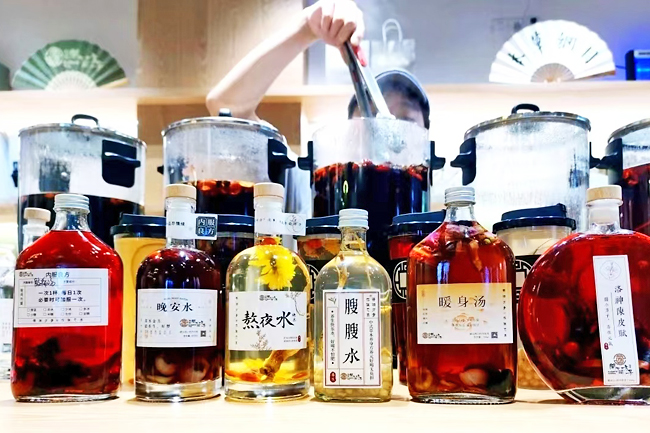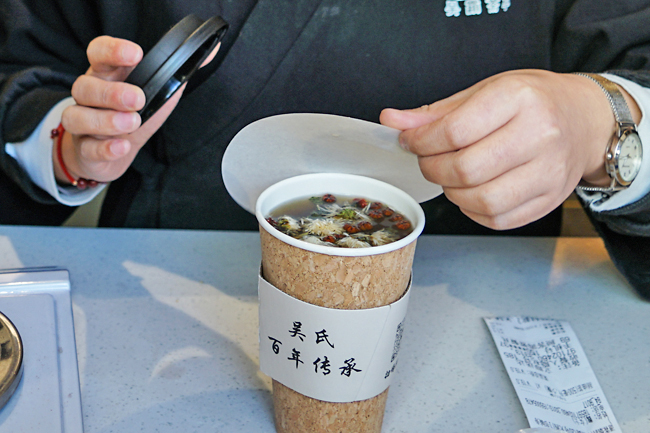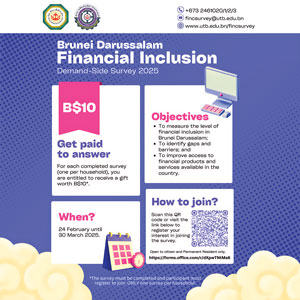KUNMING (XINHUA) – A number of Chinese hospitals have found their edge in the country’s growing health drinks market by prescribing herbal formulas that target minor symptoms, from calming nerves and aiding sleep to promoting healthy hair.
Struggling with insomnia, Guo Xiaofan, 26, who is a resident of Kunming, capital of southwest China’s Yunnan Province, recently turned to an online consultation platform of a traditional Chinese medicine hospital, where she was prescribed herbal tea. Guo consumed the herbal tea by brewing the dried herbs at home and found it to be a great alternative to her habit of drinking milk tea. “The first sip tasted a bit strange, but as I continued drinking, it actually tasted quite good,” she said.
This herbal tea is based on a well-known Chinese medicine formula designed to treat symptoms of insomnia and neurasthenia. The tea includes ingredients such as sautéed jujube kernel, dried lily, poria, and albizia bark. The Yunnan Traditional Chinese Medicine Hospital has recently launched five herbal medicine formulas for oral consumption. On the first day of the market release, 10,000 doses were sold. Deputy director of the hospital’s medical administration department Wan Xixi said that these formulas are crafted based on prescriptions from renowned traditional Chinese medicine practitioners.
Each dose of herbs is individually packaged and can be brewed or boiled for easy consumption at home. “These bags of dried herbs are not available for purchase on the market. To obtain them, individuals must consult a doctor for a prescription, as they are tailored to specific syndrome differentiation,” Wan explained.
In recent years, an increasing number of health-conscious young people have developed a strong interest in such medicinal herbal tea drinks. According to a consumer behavior survey on the Chinese herbal tea drink industry conducted by data analysis provider iiMedia Research earlier this year, more consumers are paying attention to and trying herbal drinks, with purchase intentions steadily rising.
In addition to their health benefits, prescription herbs for drinking are generally more affordable than tea beverages, which further contributes to the growing market share of herbal drinks.
A white-collar worker surnamed Huang from Hangzhou, capital of east China’s Zhejiang Province, recently purchased several types of herbal remedies for drinking through the online platform of Zhejiang Provincial People’s Hospital.
“I bought five doses of each type. With medical insurance coverage, the total bill came to less than CNY100 (about USD 13.90), which I think is very reasonable. After drinking, I felt the effects were quite good,” he said. Many Chinese hospitals, especially traditional Chinese medicine hospitals, have become keen on promoting their special herbal tea formulas, some of which change seasonally.
For example, in summer, they focus on formulas of smoked plum tea for relieving summer heat, and in winter, herbal tea formulas for clearing throat get more popular. In addition to hospitals, many pharmacies, including the time-honored traditional Chinese medicine brand Beijing Tong Ren Tang, have seen a boost in herbal tea sales. The pharmacies clearly remind buyers that, while some herbs are available in drink form and others, like Chinese yam and coix seed, which can be consumed as food, these herbal formulas are still considered medicine.
Therefore, they should be taken under proper medical supervision.









